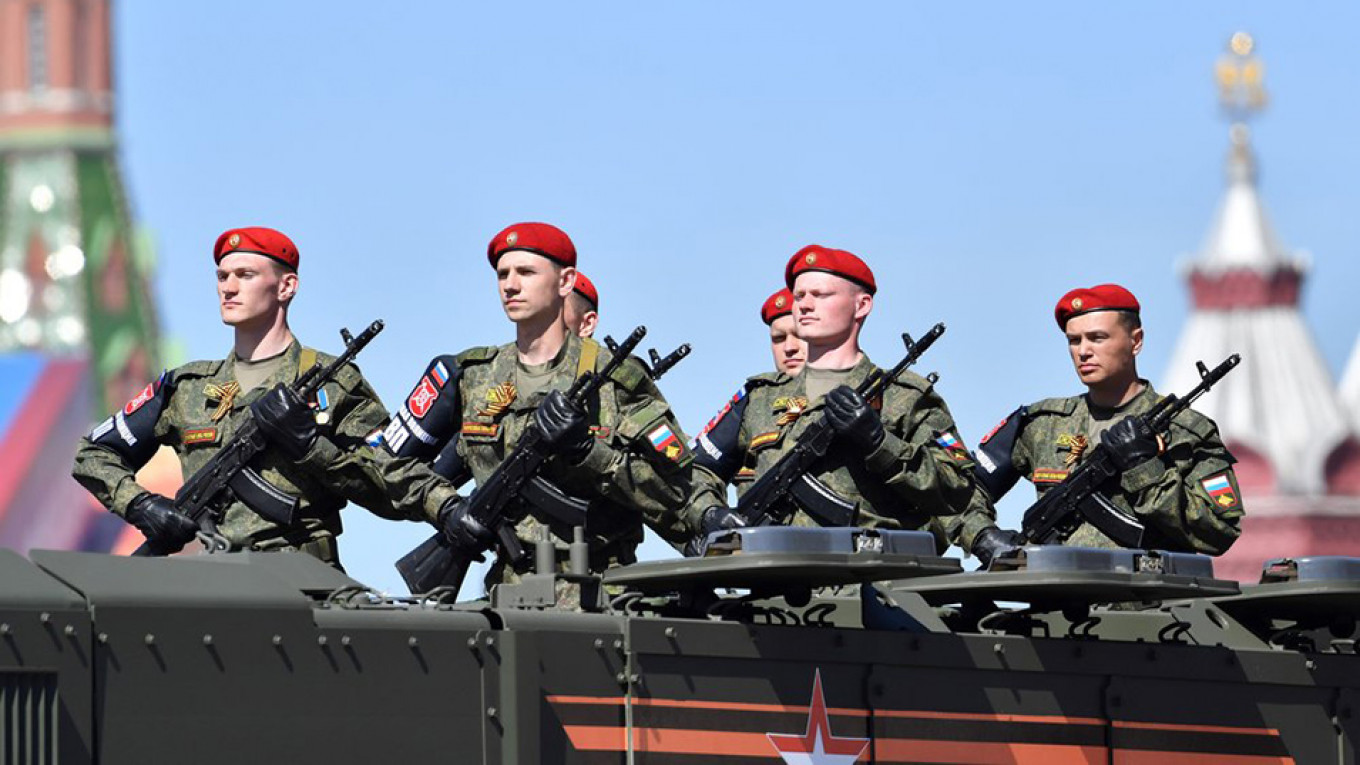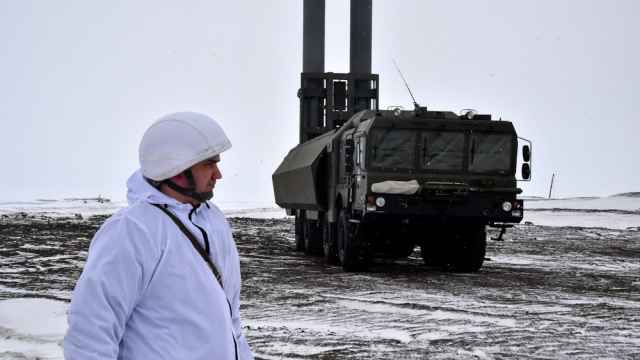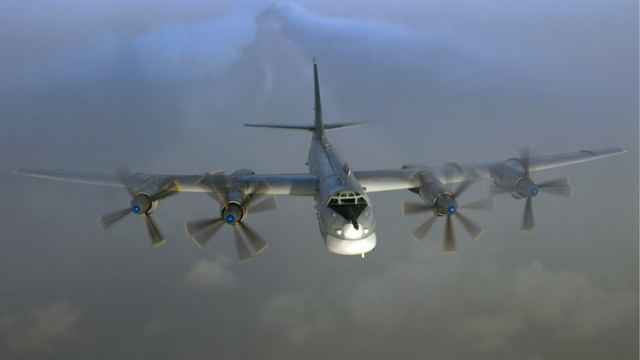The U.S. Army estimates the Russian army's military capabilities will peak in 2028, closely followed by the Chinese around 2030, giving the United States almost a decade to prepare for those threats, a senior Pentagon official said in an interview on Monday.
The top civilian at the U.S. Army, Secretary Mark Esper, said the Army will reduce, eliminate or delay nearly 200 weapons programs and refocus the funds on investing in capabilities to beat emergent Russian and Chinese militaries.
"What we're looking at is 2028 and beyond, because we think it's time the Russians will be peaking." He added, "the Chinese after" in the 2030 time frame.
Russia and China have been modernizing their military forces for years while the United States has been engaged in fighting insurgencies in the Middle East.
Esper said to pay for wars in Iraq and Afghanistan the service "mortgaged its readiness" to fight against countries like China and Russia. As a result, the Army now needs to update equipment that has been in service for 40 years, Esper said.
In fiscal 2019, the U.S. Army requested $182 billion to fund programs and salaries as well as ongoing wars. Of that, $22 billion was slated for buying weapons systems.
As the Pentagon's budget emerges in the coming weeks, it will be made clear which programs will be cut. "We had upgrades that just simply weren't necessary, or weren't justified by the costs," Esper said.
Companies that make Army ground equipment like BAE Systems , which makes the Bradley fighting vehicle, and General Dynamics, which makes the Abrams tank, will be watching the budget closely.
Esper has said he wants to focus funds on six priorities for modernizing the Army which include a better way to precisely fire weapons over a long distance, a new combat vehicle, a new helicopter and better missile defenses for the Army.
Esper said he hopes that reallocating the funds will pay dividends for decades to come. "If we're going to fight and win against the Russians and Chinese in the year 2030, 2040 and 2050, I've got to start building the next generation now," he said.
A Message from The Moscow Times:
Dear readers,
We are facing unprecedented challenges. Russia's Prosecutor General's Office has designated The Moscow Times as an "undesirable" organization, criminalizing our work and putting our staff at risk of prosecution. This follows our earlier unjust labeling as a "foreign agent."
These actions are direct attempts to silence independent journalism in Russia. The authorities claim our work "discredits the decisions of the Russian leadership." We see things differently: we strive to provide accurate, unbiased reporting on Russia.
We, the journalists of The Moscow Times, refuse to be silenced. But to continue our work, we need your help.
Your support, no matter how small, makes a world of difference. If you can, please support us monthly starting from just $2. It's quick to set up, and every contribution makes a significant impact.
By supporting The Moscow Times, you're defending open, independent journalism in the face of repression. Thank you for standing with us.
Remind me later.






